
Understanding Relative Energy Deficiency in Sport (RED-S)—with Dr. Emily Kraus
In this episode of Fast Talk Femmes, we learn more about RED-S, its effects on female endurance athletes, and ways to prevent it.
Periodization, polarized training, interval workouts—your performance depends on how you train. Master the key training concepts in endurance sports and you will look at every workout with new eyes.

In this episode of Fast Talk Femmes, we learn more about RED-S, its effects on female endurance athletes, and ways to prevent it.
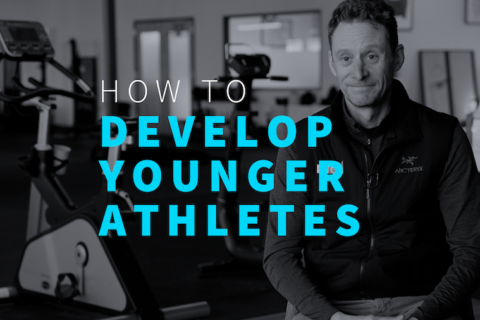
As head coach of one of the nation’s largest junior cycling teams, Pete Webber shifted his program from selection to athlete development.
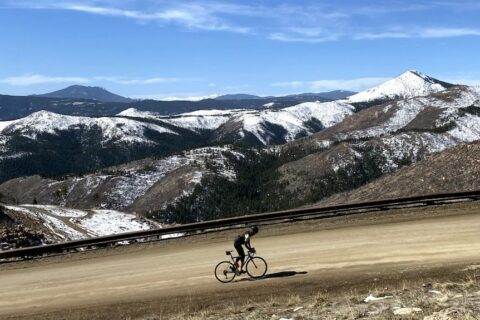
This week’s Workout of the Week is a different one—it’s big, it’s stupid. The adventurers among you will love it.
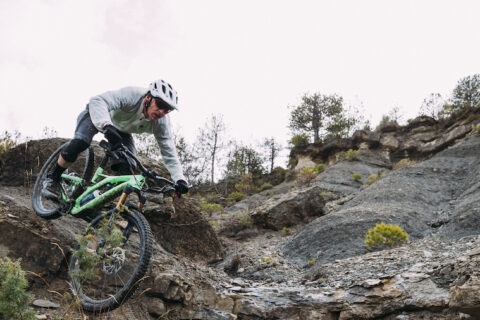
Getting older doesn’t have to equate to getting slower. We chat with two world champion athletes who share their secrets of success when it comes to slowing the aging process.

We max out on metaphors in this week’s Fast Talk podcast as we talk about some of the key principles behind training, recovery, and fueling.
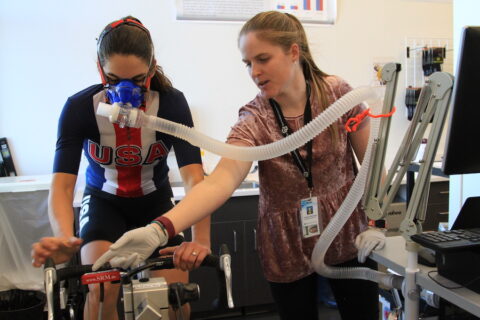
Time at VO2max is driving the recent research on what makes the most effective intervals, but is it a good metric to use? We find out on this week’s Fast Talk podcast.
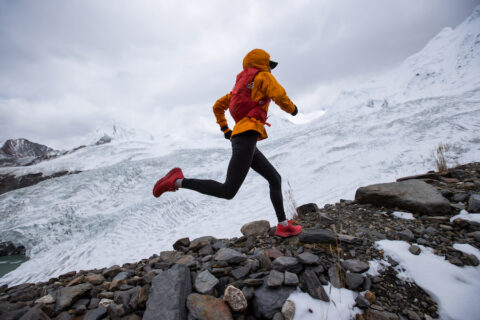
We get asked a lot of great—and nerdy—questions via our Fast Talk Labs Forum. Every month we’ll now be taking the best questions and publishing our answers. This month, our in-house physiologist Rob Pickels tackles the topics of altitude training and the impact of body composition on hypothermia.
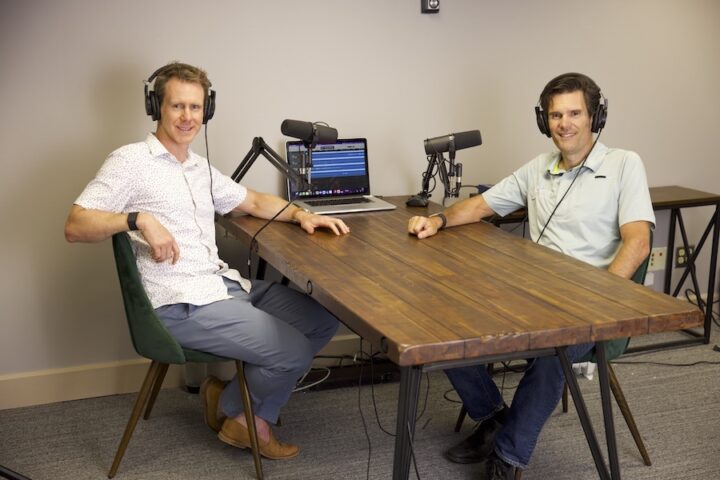
Our hosts pick their favorite podcasting moments from 2022 with a variety of fun and informative guests.
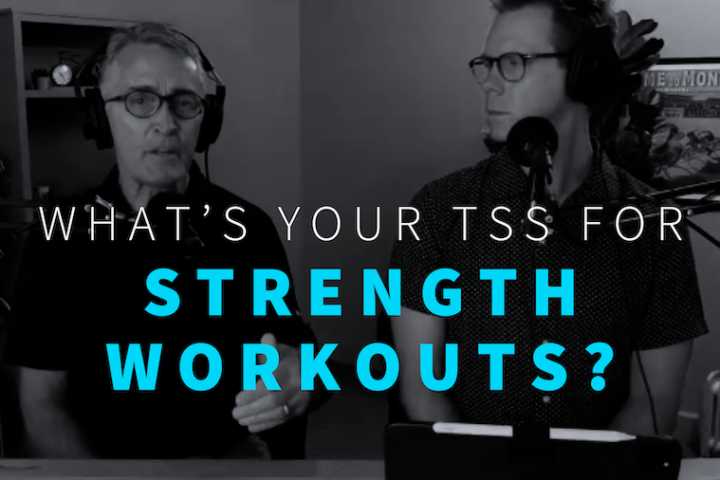
Should strength sessions be factored into an athlete’s Training Stress Score? Joe Friel explains when and how to score cross-training.
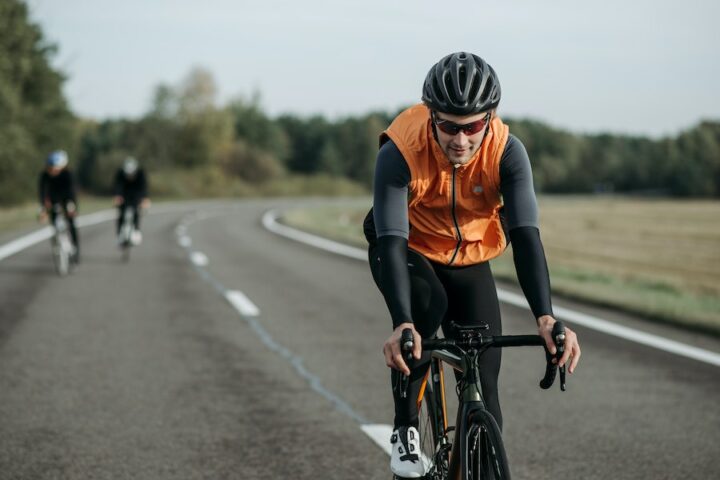
We all understand the purpose of high-intensity intervals and long endurance rides, but is there a value to kitting up and doing a workout that’s both short and easy?

Looking to increase your run mileage and stay injury-free? The work starts in the gym—and we’ve got all you need to know to do it.
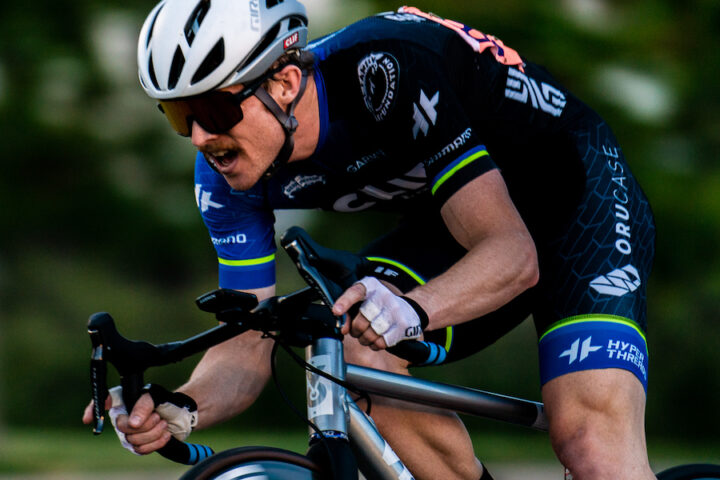
Then we’ve got some news you might like. Research out of Norway shows two shorter workouts can help build endurance in the same way those long workouts can.

We live in an era of data overload, so knowing how to interpret that data is key. Alan Couzens talks with us about how neural networks might be the answer.

We dive deep into the world of AI to understand how it can be used for optimal training and performance.

The benefits of polarized training are well known, but is there a minimal dose needed? We find out.

The semi-annual time change can often wreak havoc with our sleep and training. Find out how to mitigate its impact and use it to your advantage.
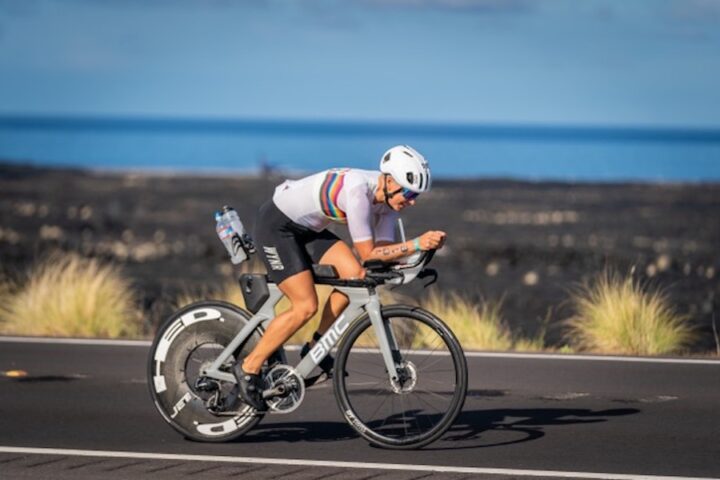
Coach Lauren Vallee talks with us about how cyclists and runners can incorporate the other sport into their training, not only to improve health, but to increase their performance.

After talking about the benefits of cross training on the Fast Talk podcast, Coach Lauren Vallee gives us some of her go-to bike and run workouts that can help cyclists with their running—and runners with their cycling.